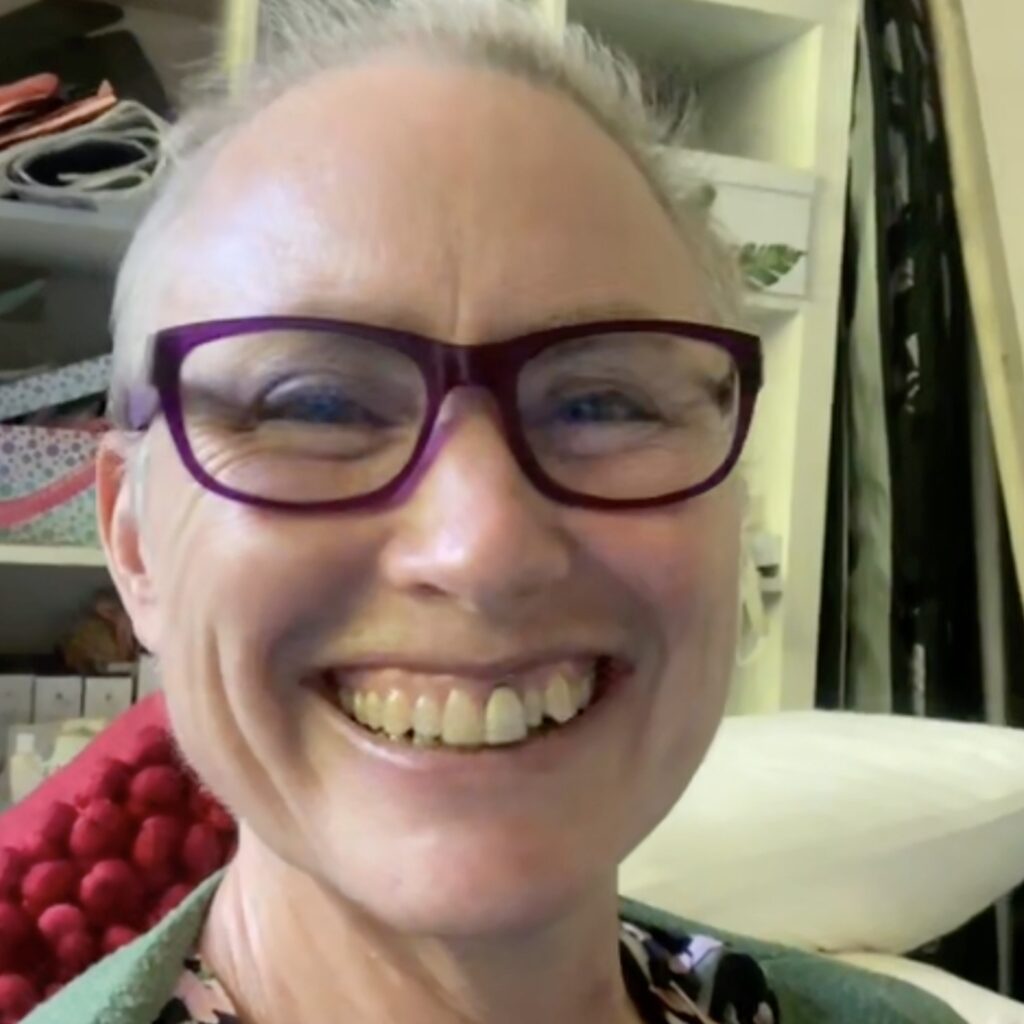Q&A with Anne Creaton

Anne Creaton is a Melbourne-based emergency physician. In 2013 she moved to Fiji to develop training programs in emergency medicine and prehospital care. This led to a Masters in Public Health and a deep appreciation for Pacific Island communities. She experienced a dengue fever outbreak and Cyclone Winston, and returned with an AUSMAT team during the COVID19 Delta surge.
Anne will be closing out SSEM22 with the Dangerous Ideas session.
Questions and Answers
What is the biggest problem faced by Australasian ED’s today?
It’s got to be the massive queue that now stretches to about 20 ambulances queuing out the front. Access block kills people and staff morale and is a global problem. It’s not new but we’re feeling it a lot more now.
What’s the biggest problem faced by EDs in, say, Fiji?
There are so many to chose from in a low resource setting. At the moment, the biggest problem is the exodus of health workers to places with better pay and conditions. Retaining a skilled workforce is a massive challenge in lower income settings.
Which of those two problems is easier to fix?
Me fixing it?
If you were in charge.
Access block.
How would you fix it?
The solutions are context specific. In Australia you’d have to start by attacking the federal/state funding split. Without that, you’ll never solve it. But obviously we need to admit as a society that we have an ageing population with complex health problems. We need to start the dialogue of not treating everyone, with futility, to the end of their days.
When were you last in Fiji?
Exactly a year ago, as part of an AUSMAT deployment. Obviously there was a long period when we weren’t allowed out of Australia, or into Fiji. But they had a massive outbreak of Delta, after being Covid-free for the first year. They sent three AUSMAT teams over and I was part of the third team.
Supervising an immunization programme?
No. We focused more on education, clinical education on the floor. Initially my role was outreach to smaller health centres, like big GP clinics, which were seeing really sick patients, because there weren’t enough ambulances to rapidly transport people to the main hospital. And then I went to the western side, working with an ICU nursing educator, mainly in the Covid ICU.
How badly was Fiji hit?
There was a very sharp peak and massive mortality. Particularly, pregnant women weren’t immunised. No-one had really proven the safety of AstraZeneca at that point. So they were reluctant to get the vaccine, particularly when the country was Covid-free. There were a couple of very sad early deaths, including of health care workers, female, pregnant, young. And a lot of people dying at home, because of the stigma of Covid.
There was a stigma?
Yes. Massively. As there was in every country.
How much have you missed Fiji?
A lot. I was very lucky that I got to go there with AUSMAT. We overestimate our impact in going in teaching people stuff. But we underestimate our impact on morale and keeping spirits up. I wanted to see my people. It was amazing what impact that had, on both parties. Seeing friendly faces in hard times.
Your Dangerous Idea is “Decolonize Global Health”. What does that mean?
Global health as we know it now was founded in colonialism. European white supremacy if you like. Now it claims to be fighting for global equity, decreasing inequality. But there persists, in its structures, in the way it is funded, in the way it operates, these problems that were borne out of colonialism. Particularly, more pervasive, there’s an inherent bias that many of us have, that we think that white health practitioners are superior and have more knowledge.
You’re English, white and university educated. Do you ever feel like a colonialist yourself?
Definitely, yeah. You can’t start to tackle this until you acknowledge your own privilege, and your own vices. What really brought a lot of things up for me was when I lived in Fiji and started to see it from their eyes. Obviously never totally. But these short term visitors come and point out all the problems, and never stay to implement the solution. It’s incredibly fatiguing to have all these people just tell you what your problems are, with a superior air, as if… if they were there, everything would be okay.
Are people scared of asking big questions?
Yes. We’re afraid of offending people. Talking about uncomfortable truths. And we want to believe the best about ourselves and everyone else. But until we ask the big questions and confront the uncomfortable questions, nothing is going to change.
What about you? Are you scared of big questions?
Hmm. It depends what the big questions are.
Are you scared of big questions, sometimes?
I must be. It’s natural.
Anne Creaton will be presenting at the Spring Seminar on Emergency Medicine, Noosa, 18-21 October 2022.
Spring Seminar on Emergency Medicine
Noosa, 18-21 October 2022
Jo is an emergency medicine specialist based on the Sunshine Coast. He has qualifications in high fidelity simulation, aeromedical retrieval and point of care ultrasound, and a special interest in educational videography | @FlippEM |
